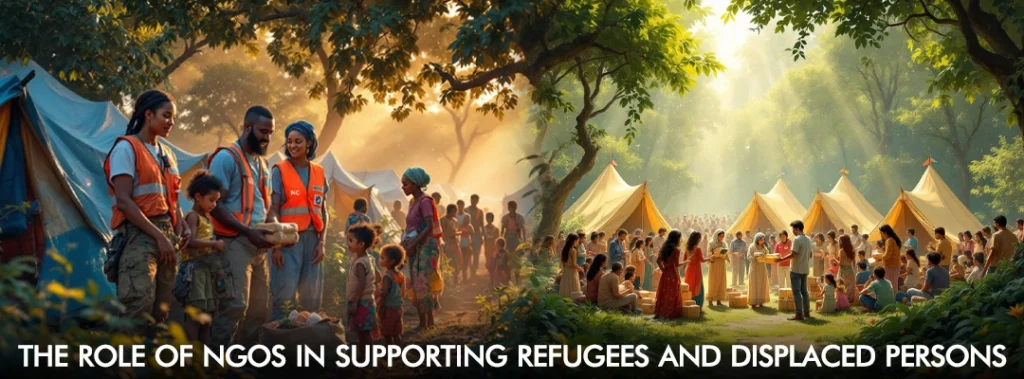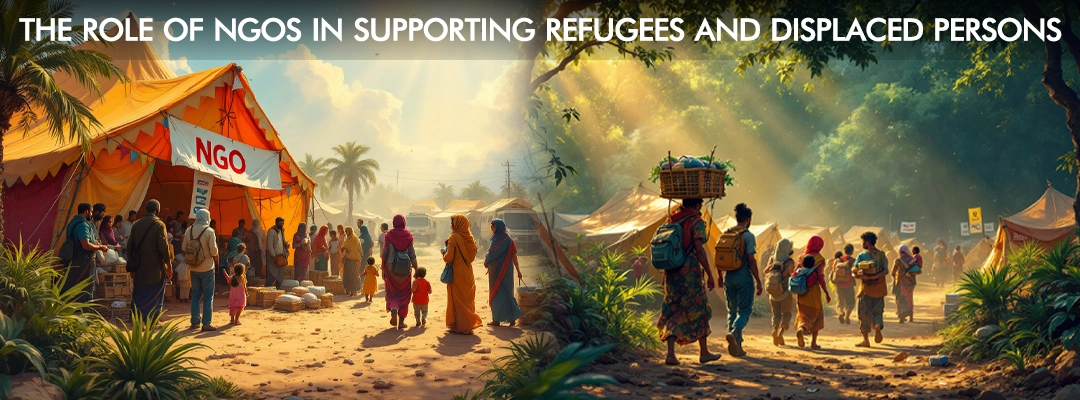สล็อตทดลอง One of the most critical roles that NGOs play in supporting refugees and displaced persons is the provision of immediate humanitarian assistance. When individuals are forced to flee their homes due to conflict, natural disasters, or persecution, they often arrive at camps or border areas without adequate food, water, shelter, or medical supplies. NGOs step in swiftly to fill these urgent gaps, often mobilizing resources more quickly than government institutions.
Organizations such as the International Rescue Committee (IRC), Médecins Sans Frontières (Doctors Without Borders), and the Norwegian Refugee Council work tirelessly to set up emergency shelters, provide clean drinking water, distribute hygiene kits, and run mobile clinics. These services can be life-saving in the first days and weeks of displacement. Additionally, many NGOs operate with community-based approaches, which means they involve displaced persons in decision-making and distribution processes, helping to preserve dignity and local agency.
Beyond emergency relief, NGOs often stay engaged for months or even years to provide consistent food supplies through rations, offer mental health and trauma counseling, and establish safe spaces for women and children. This sustained presence is vital for stabilizing displaced communities, especially in protracted crises where return to home is not immediately possible.

Advocacy, Legal Support, and Long-Term Integration สล็อตทดลอง
While humanitarian aid is essential, NGOs also play a pivotal role in 0advocacy and legal support for refugees and displaced persons. Many individuals fleeing conflict zones do not have proper documentation, or may face legal challenges in gaining refugee status, asylum, or residency in host countries. NGOs step in as intermediaries—providing legal counsel, helping fill out applications, and representing individuals in court or before immigration authorities.
Organizations such as the Refugee Legal Aid Project or Human Rights First work to ensure that the rights of displaced persons are protected under international law, including the 1951 Refugee Convention. These NGOs also engage in advocacy campaigns aimed at influencing public policy, countering xenophobia, and holding governments accountable to their international obligations.
Furthermore, NGOs facilitate long-term integration into host societies. This includes language training, vocational programs, educational access for children, and employment placement. They also run awareness campaigns to build bridges between refugees and host communities, fostering mutual understanding and reducing social tensions. register for news.
In many countries, the support from NGOs is the only lifeline that enables displaced persons to rebuild their lives with dignity and purpose. By focusing not just on survival, but on rights, identity, and self-sufficiency, NGOs help transform the refugee experience from one of desperation to one of hope and opportunity.


